Introduction: Why LinkedIn Entered the College Ranking Arena
Traditional college rankings—U.S. News, QS, Times Higher Education—rely heavily on academic prestige, faculty research, and institutional reputation. Yet for students and families, the most pressing question is often: “What will this degree bring me professionally?”
With over 1 billion professionals in its global community, LinkedIn holds unparalleled data on alumni career trajectories. Its first-ever Top 50 Colleges for Career Success leverages real outcomes—employment, promotions, startup ventures, alumni referrals—offering a new tool for outcomes-based college selection.
Full List Highlights: Prestige and “Emerging Tigers” Side by Side
The full list of the top 18 colleges (as reported):
| Rank | University |
|---|---|
| 1 | Princeton University |
| 2 | Duke University |
| 3 | University of Pennsylvania |
| 4 | Massachusetts Institute of Technology (MIT) |
| 5 | Cornell University |
| 6 | Harvard University |
| 7 | Babson College |
| 8 | University of Notre Dame |
| 9 | Dartmouth College |
| 10 | Stanford University |
| 11 | Northwestern University |
| 12 | University of Virginia |
| 13 | Vanderbilt University |
| 14 | Brown University |
| 15 | Bentley University |
| 16 | Tufts University |
| 17 | Lehigh University |
| 18 | Columbia University |
Key patterns:
-
Harvard ranks at #6, a surprise behind Princeton and Penn.
-
Babson College climbs to #7. Not generally included in traditional Ivy-category lists, Babson’s entrepreneurial and career-focused environment shines here.
-
Only UC Berkeley appears from the UC system, highlighting its strong employability footprint.
-
Schools like Johns Hopkins, Emory, NYU are absent—showing career success ≠ academic reputation.
What Metrics Power This Ranking?
LinkedIn evaluates schools using five robust career outcome indicators:
-
Graduate employment or graduate school placement within one year.
-
Internship participation and recruiter engagement via the platform.
-
Career progression—startups, management positions, C‑suite roles.
-
Alumni network robustness—connectivity, mentorship, mutual benefit.
-
Breadth of graduates’ unique and transferable skills.
These factors directly inform a student’s career ROI—more so than prestige alone.
Alumni Networks: A Hidden Multiplier
LinkedIn spotlighted colleges with the strongest alumni networks:
Babson, Washington & Lee, and Dartmouth top the list, showing that smaller institutions with well-connected alumni communities offer a powerful career launchpad.
This data underscores networking as a key differentiator in job markets where applications flood and replies dwindle.
Location Advantage: The Geo-Career Connection
LinkedIn observed strong geographical trends in alumni employment clusters:
-
Bay Area: A hub for tech innovation—Stanford, Berkeley grads fare well here.
-
New York City: Financial, media industries attract graduates from Columbia, Penn, Cornell.
-
Washington, D.C.: Policy and government sink into schools like Georgetown and Yale (Yale ranks #19).
Geographic context matters. The right location can significantly influence professional pathways.
Standout Cases: Smaller Schools with Big Results
-
Babson College (#7): Known for entrepreneurship talent—its graduates excel in venture success.
-
Bentley University (#15): Despite being a liberal arts college, 93% of its grads employed within nine months; starting salaries average $73K.
-
Fairfield University (#28) and Trinity College (#42) wire well into healthcare, finance, law, and modeling, showing that regional, mid-sized schools perform strongly when assessed by career-readiness.
Implications for International Students Applying to U.S. Colleges
-
Academic prestige doesn’t guarantee career impact. Opt for schools with strong placement and outcomes, not just reputation.
-
Alumni strength is leverage. Mentor programs, referrals, and network density matter.
-
Geographic advantage is real. Attending school in proximity to desired industries increases internship and job pipeline access.
-
Missing Ivy doesn’t equate to missing out. Schools like Babson or Bentley offer substantial career returns beyond brand value.
Final Thoughts
LinkedIn’s inaugural Top 50 Colleges for Career Success reframes how we measure university value. It invites prospective students—even more so international applicants—to look beyond rankings and assess the career payoff of their college investment. Ultimately, a fit for your academic plus career aspirations is the best choice—whether it’s Princeton, Babson, or a less heralded liberal arts school with strong post-grad outcomes.
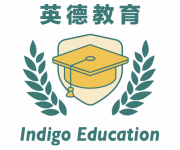
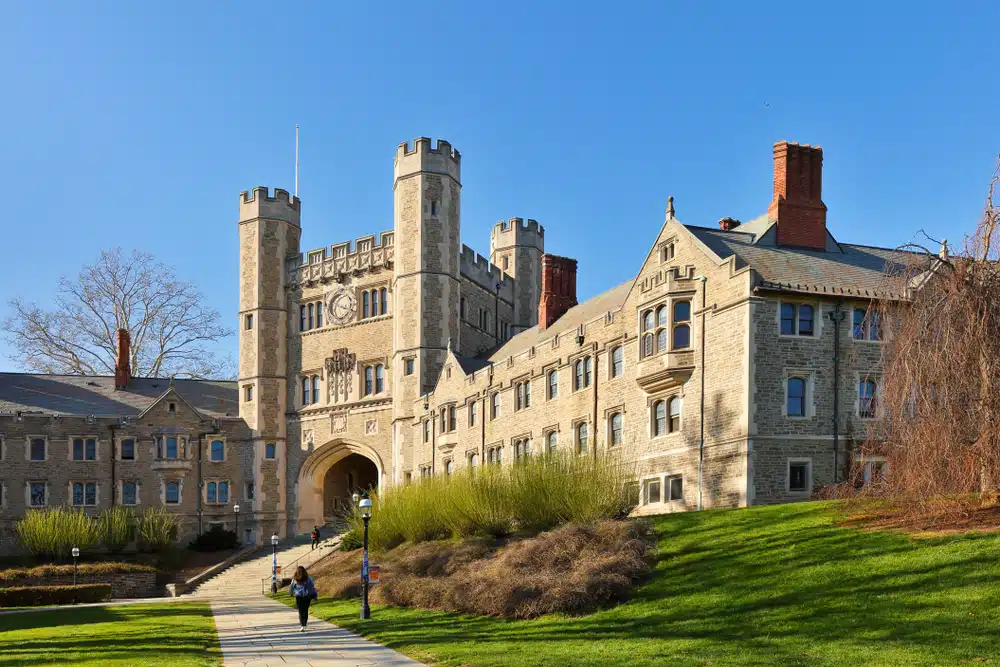
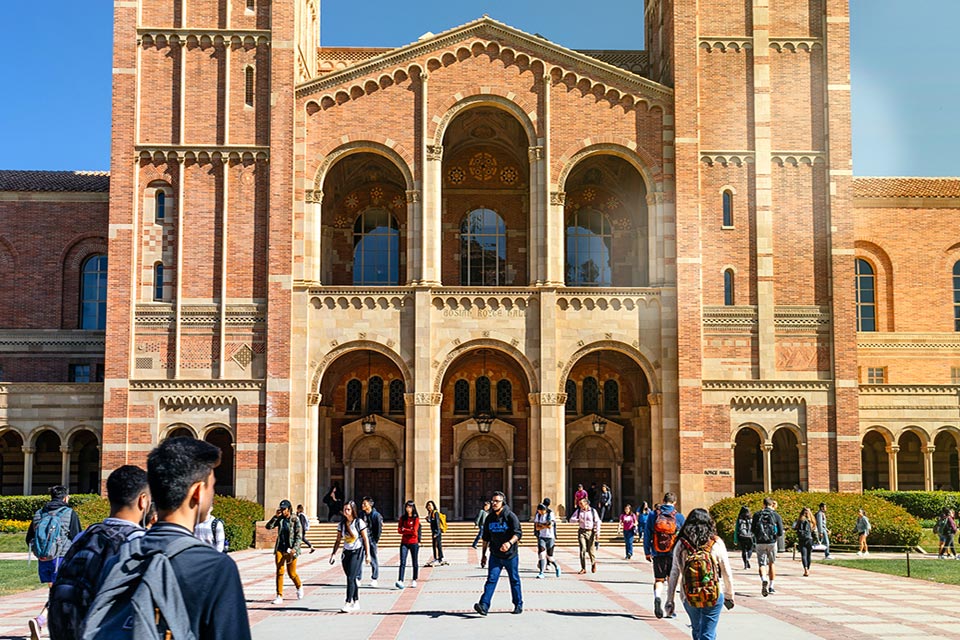
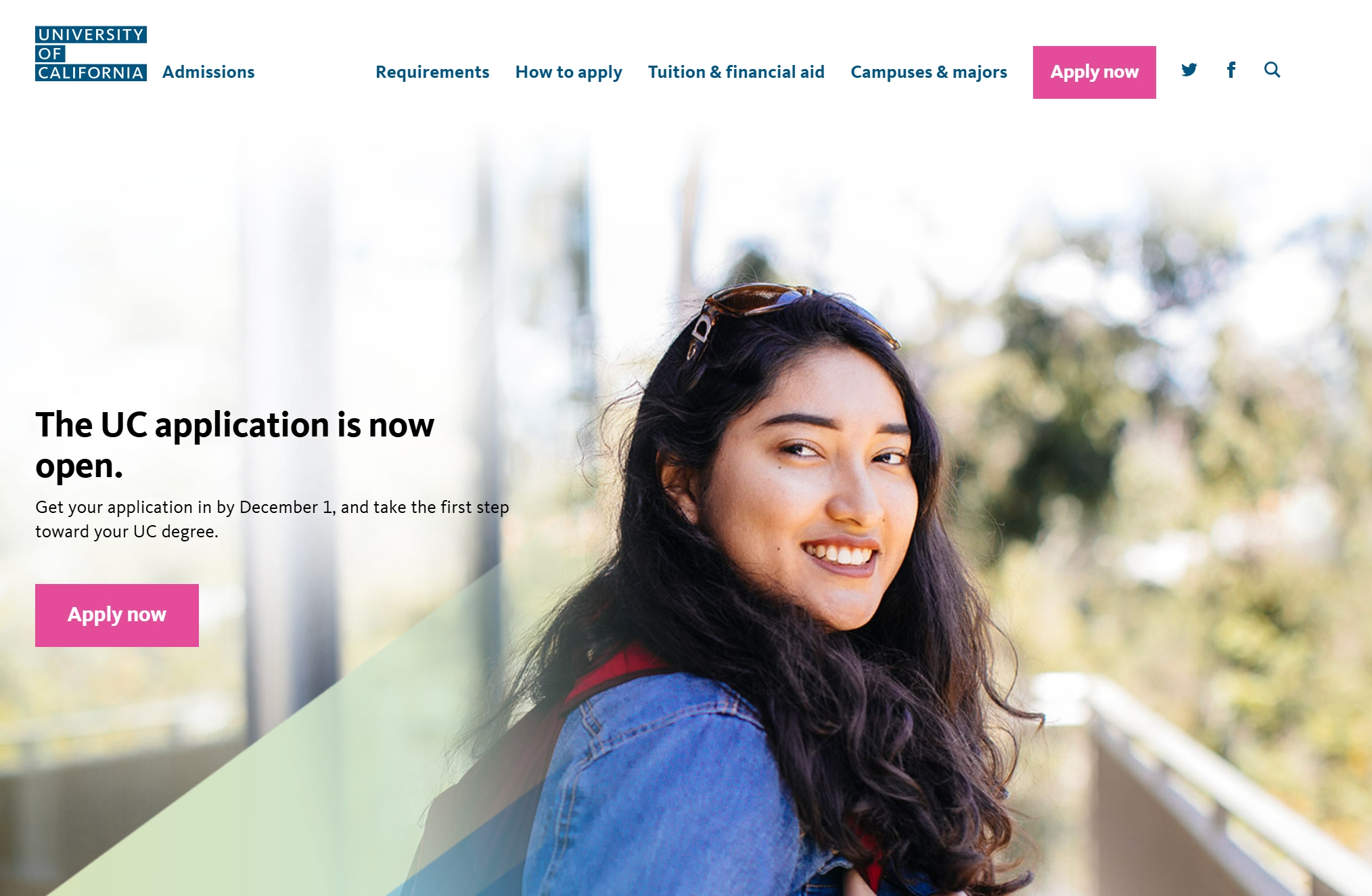
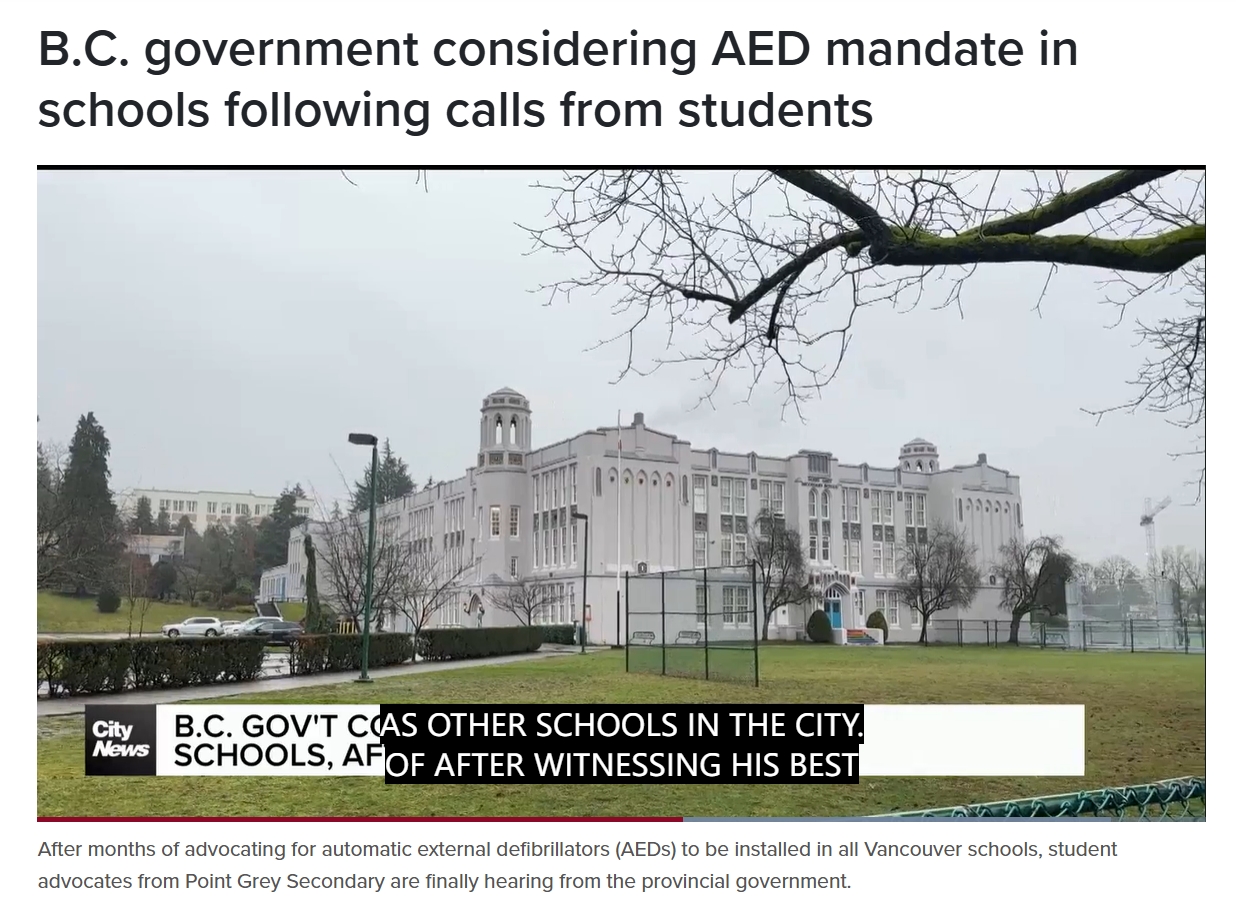
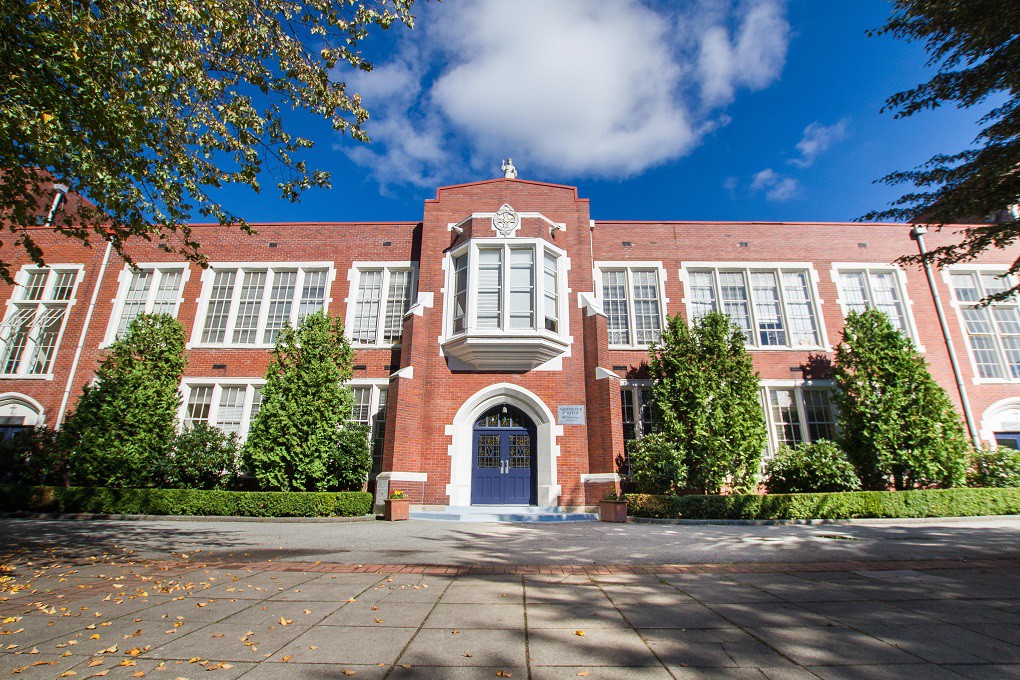




Leave A Comment